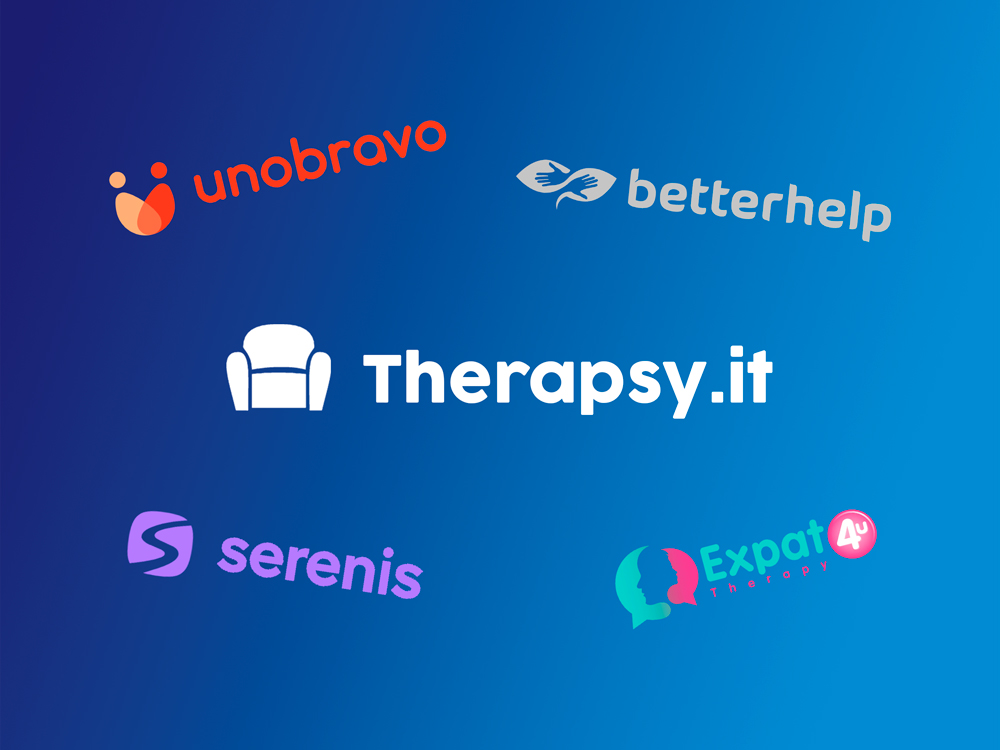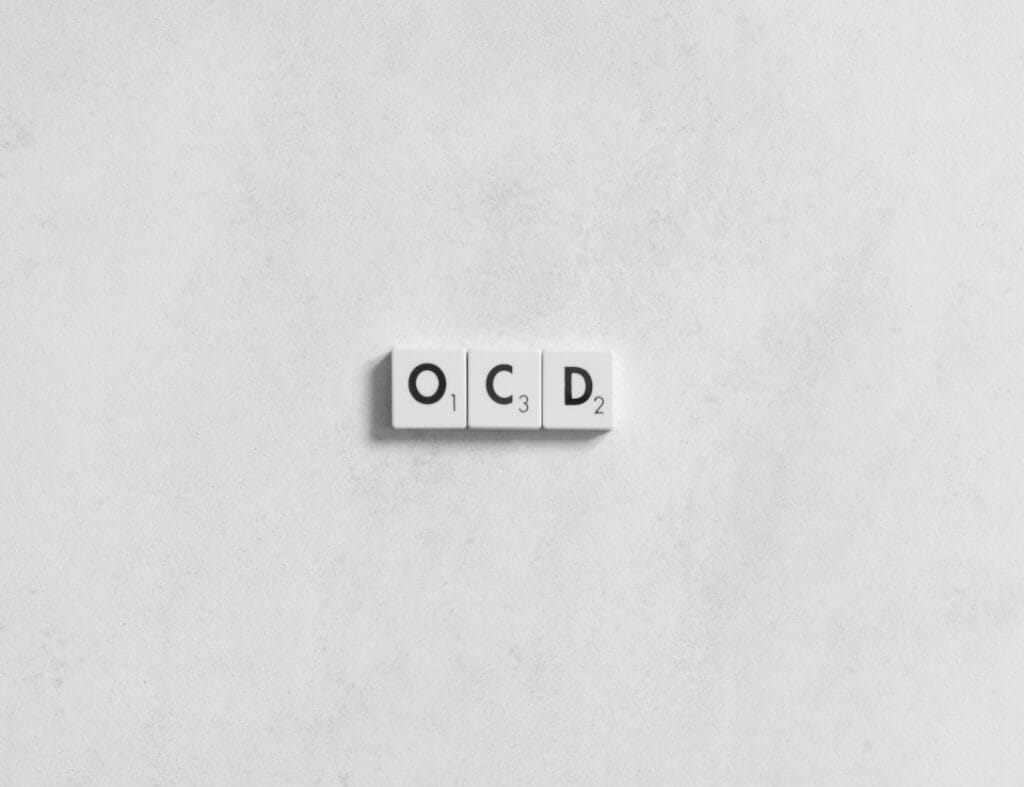The brain is our body’s control center, guiding emotions, thoughts, and actions. Our mind plays a critical role in shaping our life satisfaction, either by fostering growth or hindering potential. In psychological terms, this unique perspective is our mindset—a lens through which we interpret and respond to life’s experiences. Research shows that mindset profoundly influences our life outcomes. By understanding, adapting, and shifting our mindset, we can improve health, reduce stress, and become more resilient.
What is Mindset?
Mindset is essentially the cognitive filter that shapes our beliefs, thoughts, and actions in response to experiences. Think of it as a pair of glasses: our mindset determines whether we see opportunities or obstacles, growth or stagnation, success or failure. To unlock the power of mindset, let’s dive into its foundation and learn how this perspective can shape our lives.
Origins of the Mindset Concept
Psychologist Carol Dweck first introduced the mindset concept in the late 20th century, illuminating its central role in human behavior and achievement. Dweck defined mindset as a self-perception or set of beliefs individuals hold about themselves, shaping their responses to challenges and defining their paths to success. Since then, mindset has become a core concept in psychology, particularly in studying personal growth.
Types of Mindsets: Fixed vs. Growth
Mindset exists on a spectrum, ranging from fixed to growth-oriented. Understanding this continuum can help us recognize that mindset is not a fixed trait—it can be cultivated and developed.
1. Fixed Mindset
A fixed mindset holds that intelligence and abilities are static. People with this mindset avoid challenges, fearing failure as a reflection of their limitations. This leads to a preference for comfort zones, hindering personal and professional growth.
Characteristics:
- Belief that intelligence is unchangeable
- Avoidance of challenges and resistance to feedback
- Tendency to feel threatened by others’ success
Impact:
- Fixed mindsets can lead to stagnation, low resilience, and underachievement.
Example: A student may avoid challenging courses for fear of receiving a low grade, limiting their potential growth.
2. Growth Mindset
A growth mindset embraces the idea that abilities can be developed through learning and effort. Those with a growth mindset see challenges as opportunities for improvement, viewing failure as part of the learning process.
Characteristics:
- Openness to challenges and persistence in the face of setbacks
- Belief in the power of effort and a passion for learning
Impact:
- Growth mindsets build resilience, enabling individuals to overcome obstacles and pursue personal goals.
Example: A businessperson with a growth mindset views setbacks as learning experiences, persisting toward their goals with renewed strategies.
Mindset and Mental Health
Mindset plays a significant role in mental health. Studies indicate that those who believe abilities are unchangeable have a 58% higher risk of experiencing anxiety and depression. Individuals with a fixed mindset may also face issues like perfectionism and low self-esteem. For example, those struggling with depression may dwell on negative beliefs, feeling trapped by their limitations. Research shows that fixed mindsets contribute to hopelessness, a factor linked to suicidal thoughts among distressed individuals.
Practical Strategies to Develop a Growth Mindset
Adopting a growth mindset can be transformative. Here are some strategies:
- Recognize Fixed Mindset Traps: Awareness is the first step. Recognizing limiting beliefs enables us to challenge them.
- Accept Challenges: Embrace difficult situations as growth opportunities.
- Value Effort Over Success: Effort fosters resilience and learning, so value the journey, not just the outcome.
- Don’t Fear Failure: See setbacks as valuable lessons instead of personal failures.
- Cultivate Persistence: Keep pushing forward, even when facing difficulties.
- Seek Constructive Feedback: Engage with mentors or peers to receive growth-oriented feedback.
- Surround Yourself with Growth-Oriented Individuals: Positive influences can encourage mindset shifts.
How Therapy Supports Mindset Transformation
Cognitive Behavioral Therapy (CBT) is an effective tool for developing a growth mindset. CBT encourages individuals to:
- Reframe Challenges: CBT teaches that obstacles aren’t failures but opportunities to learn new approaches.
- Focus on Effort Over Talent: Shifting focus from innate abilities to effort encourages growth and reduces fear of failure.
- Utilize CBT Tools: Techniques like cognitive restructuring and thought journaling help replace negative thoughts with positive ones, fostering self-awareness and resilience.
Case Study: Growth Mindset in Action
Helen, a university student, faced severe anxiety attacks before exams, blocking her progress. Using CBT techniques and exposure therapy, Helen learned to alter her anxious thoughts, ultimately empowering her to pass exams and achieve her goals confidently.
Understanding Your Mindset
Curious about your mindset type? Consider the following:
- Do you believe intelligence and talent are fixed, or can they be developed?
- Do you seek new challenges or stick to what you know?
- Do you embrace feedback as helpful or find it harmful?
If you identify more with the fixed mindset traits, it’s not a life sentence. Transitioning to a growth mindset is possible with effort and awareness.
Conclusion: Embrace the Power of a Growth Mindset
We’ve explored the concepts of fixed and growth mindsets, their impacts on health, and strategies for transformation. Fortunately, a fixed mindset doesn’t have to be permanent. Neuroplasticity—our brain’s ability to adapt and create new connections—supports mindset shifts. With dedicated effort, individuals can cultivate a growth mindset, unlocking resilience and potential.
If you’re facing challenges with a fixed mindset, consider therapy to start your journey toward a more resilient, growth-oriented outlook. Book your free consultation with Therapsy today to discuss how therapy can help shift your mindset for success.












